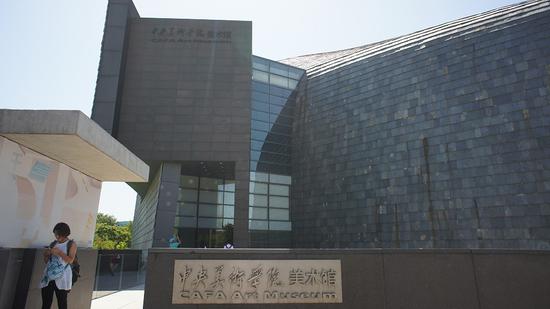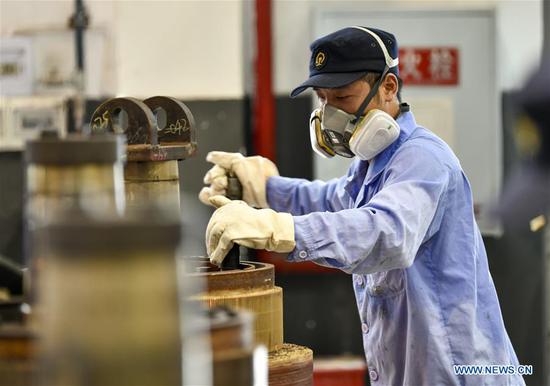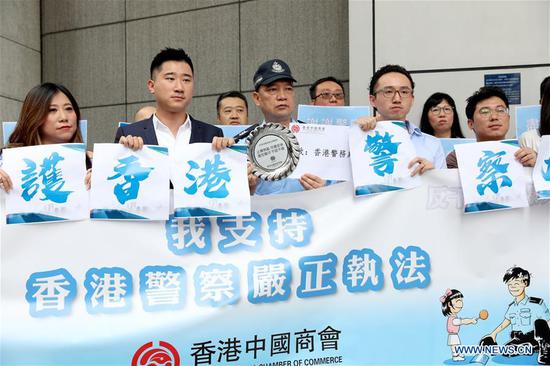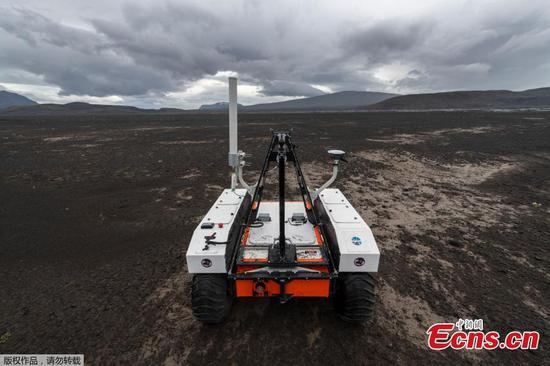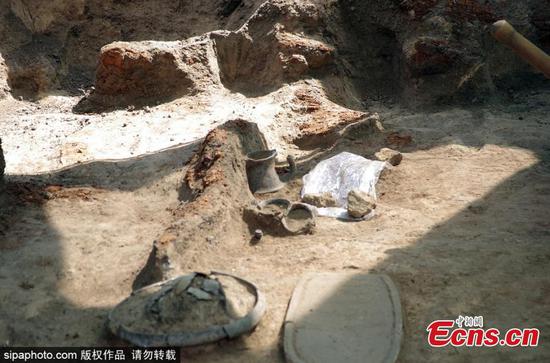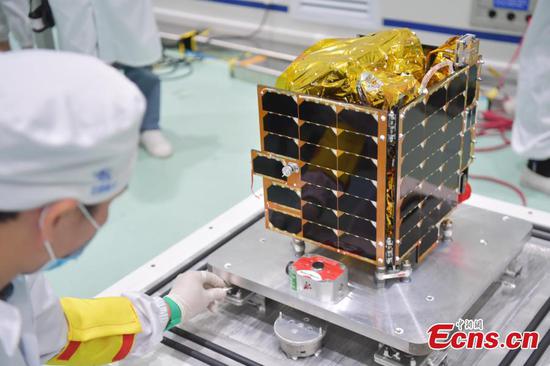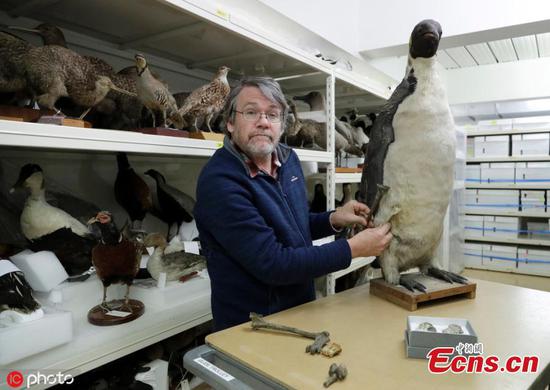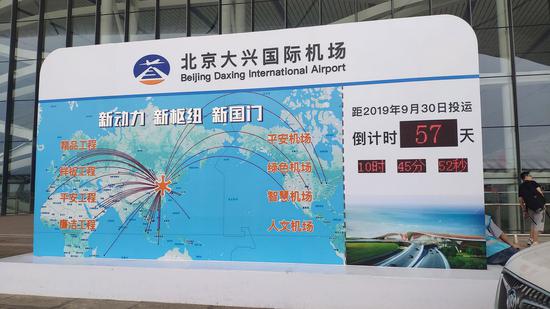
A doctors talks to a patient who has undergone radiation therapy treatment for cancer at a hospital in Shenzhen, Guangdong province. (Photo/Xinhua)
Experts see more funds flowing into the industry and benefiting online platforms, startups
China may see a major investment into the precision medicine sector by 2030 as the nation calling for more efforts in the sector, which would benefit startups and other internet-based healthcare companies a great deal, said industry experts.
Based on personal genomic information, precision medicine incorporates customized healthcare through medical decisions, practices and products, which are customized to match an individual's needs.
During the fourth Chinese Healthcare Industry Upgrade Summit held in July in Beijing, Liu Zhenzhen, co-founder of OrigiMed, a Shanghai-based molecular diagnostic information provider, said sales revenue of the global precision medicine sector has reached $100 billion already. The sector in China, however, is just beginning to take shape.
The summit was organized by Equal Ocean, an industrial tech media and investment research company. A report published by Chyxx, an online industry information network, estimated that by 2025, the market volume of China's tumor gene sequencing, which is part of precision medicine, will reach 48 billion yuan.
According to Liu, through genomic testing, precision medicine helps doctors and patients choose the most suitable treatment. For biopharmaceutical companies, precision medicine cuts the average drug research and development period from 10 to 12 years to three to five years.
"In addition, based on big data, precision medicine benefits patients in disease prevention, early disease detection and early disease treatment, which are very important for cancer treatment," Liu said.
Agreed Wu Jiayan, associate research fellow with the Beijing Institute of Genomics, which is part of the Chinese Academy of Sciences. "Using big data, we are able to know the possible diseases patients may have, so that we can provide preventive plans. Even after patients contract the disease, we can still work out the most accurate treatment plan based on previous data," she said in an interview with People's Daily.
"Besides, through timely data feedback, doctors can adjust their treatment method at the very beginning," she said in the interview.
However, according to Liu, as precision medicine is a relatively new sector, many challenges still remain. "Currently, there are no established standards, so the sector's development relies on enterprises' internal standards. So, some chaos is possible."
She urged high standards to ensure products are of good quality. "Toward this end, we are already working with leading enterprises, industry associations and the government."
She also noted that cancer, which precise medicine mainly targets, is a severe disease that influences the whole family directly or indirectly, as the treatment period is usually long and the expenses high.
Data from the National Cancer Center showed that about 3.93 million Chinese people were diagnosed with cancer in 2015, up more than 3 percent year-on-year. (Cancer incidence data usually have a three-year delay.)
On average, over 10,000 Chinese are diagnosed with cancer every day. China's cancer treatment expenses are 80 billion yuan every year. "So, taking advantage of precision medicine, we hope to improve the situation," Liu said.
OrigiMed said it will press for the inclusion of precision medicine in the country's medical insurance system, in order to ease patients' financial burden.
Hui Rutai, chief physician of the vasculocardiology department at Fuwai Hospital, said: "The precision medicine sector is an inevitable outcome of the development of the healthcare industry, and the future of the sector appears prosperous. Precision medicine is gradually improving current treatment methods."
He noted the development of the precision medicine sector in China is in line with the global trends, and the country is capable of developing its own direction.










